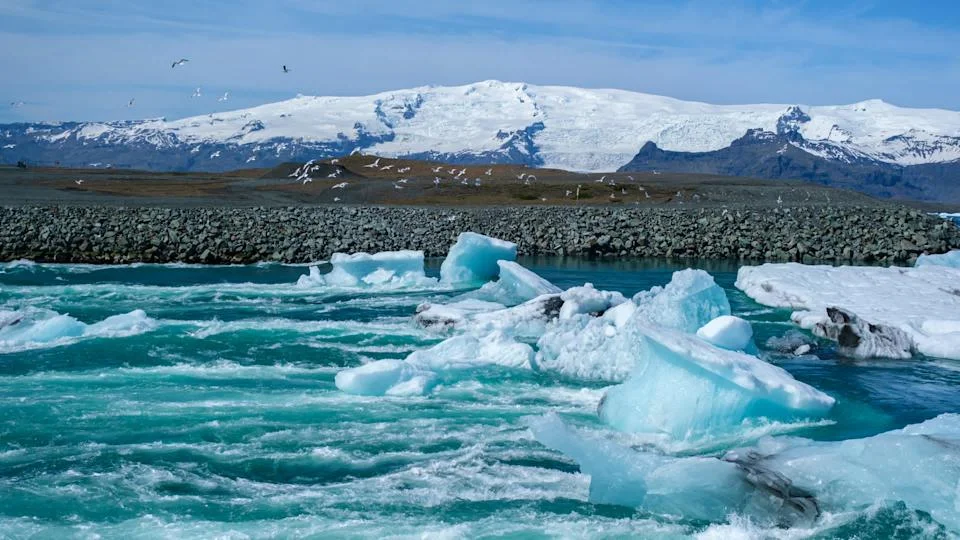
Alarming NASA Report: Accelerating Sea Level Rise Threatens Coastal Cities
A new NASA report has scientists sounding the alarm about the accelerating rate of sea level rise. The report reveals that global sea levels rose by 0.23 inches in 2024, exceeding predictions and marking a significant increase in the rate of rise.
What's Happening?
NASA's data shows a concerning trend: the rate of sea level rise has more than doubled since satellite measurements began in 1993. Since then, the sea level has risen by 4 inches, with the 2024 increase being particularly alarming. "The rise we saw in 2024 was higher than we expected," stated researcher Josh Willis. "Every year is a little bit different, but what's clear is that the ocean continues to rise, and the rate of rise is getting faster and faster."
Why is this important? Rising sea levels pose a direct threat to coastal communities worldwide. The majority of the 2024 increase is attributed to the thermal expansion of water within oceans, fueled by record-breaking temperatures. "With 2024 as the warmest year on record, Earth's expanding oceans are following suit, reaching their highest levels in three decades," explains NASA's Nadya Vinogradova Shiffer.
The Projected Impact
Scientists predict that if current trends continue, sea levels could rise by at least 1.4 feet and potentially up to 6.6 feet by 2100. This level of inundation would have catastrophic consequences, potentially wiping out entire coastal cities.
Adapting to a Changing World
An editorial in *The Guardian* stresses the urgent need for adaptation. While visions of melting ice caps and flooded cities can be frightening, humanity has a history of adapting to environmental changes. Preparing for inevitable changes, while simultaneously striving to mitigate the worst-case scenarios, is crucial. This includes investing in coastal defenses and facilitating orderly migration away from vulnerable areas.
Focus on Polar Ice Sheets
According to research, even with internationally agreed-upon carbon emission reduction targets, sea level rises will become unmanageable this century. It argues that a truly safe limit is likely to be 1°C or lower, meaning seas would be unlikely to rise more than 1cm per year. Around the world, about 230 million people live within 1 metre above the current sea level.
Taking Action
The key to slowing or reversing rising sea levels lies in curbing the planet's warming trend. Individuals can contribute by understanding climate issues and taking actions to reduce their carbon footprint, from using less plastic to switching to electric vehicles. Those living in areas prone to extreme weather should ensure they are well-prepared, considering options like solar panels with battery systems for reliable power during outages.
The ethical dimension
The U.S. has pulled out of the UN loss and damage fund created to help communities in poorer countries that are stricken by climate disasters. Warnings about sea level rises point to the immoral folly of this approach. It is in all our interests to prepare for what is coming, and to ensure that others are prepared too.
What does the future hold? The accelerating rate of sea level rise presents a significant challenge. What innovative solutions can be implemented to protect vulnerable coastal communities? Share your thoughts and ideas in the comments below.